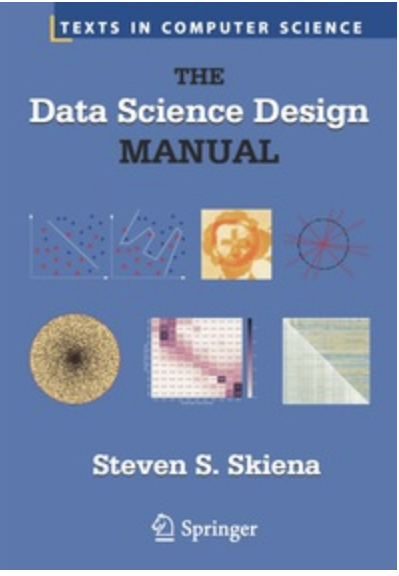Main textbook:

Main textbook:

Other recommended textbooks:

Students who require assistance during emergency evacuation are encouraged to discuss their needs with their professors and Disability Support Services. For procedures and information go to the following web site: http://www.ehs.sunysb.edu and search Fire Safety and Evacuation and Disabilities.